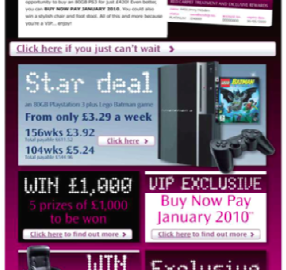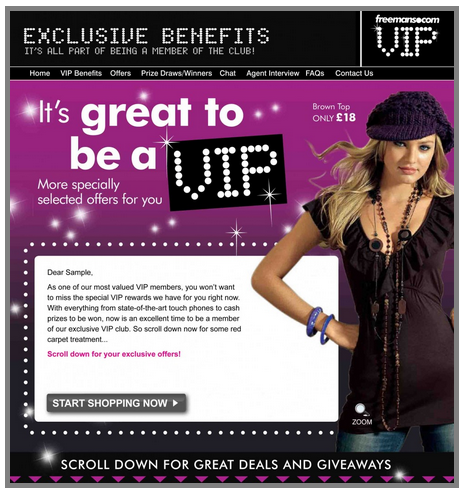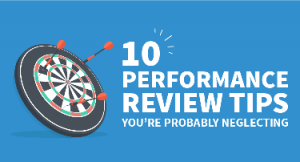If ever there’s a time to put segmentation into practice in your email marketing, that time is the holiday sales window.
These key weeks leading up to and beyond December 25th incorporate all of the busiest online shopping day milestones of the year in terms of traffic and sales revenue: Black Friday, Cyber Monday, Christmas Day, December 26th, and the January sales.
A boost in email marketing response over this period is worth more to your business than at any other time.
Start small, think big, act fast!
Segmentation can feel daunting. In essence there’s 6 distinct groups of variables by which you can segment your customer base:
- Profile (i.e. demographics and geographics, e.g. gender, age, location)
- Value (e.g. annual customer revenue, AOV, lifetime value)
- Lifecycle (i.e. the stage they are at in their relationship with your brand, from prospect through to advocate)
- Behavior (e.g. what products they search for, view and buy on your website and when)
- Multi-channel (e.g. how they engage with your email marketing, social media, web, search, and relevant offline channels)
- Personas (i.e. psychcographics, e.g. lifestyles, attitudes, interests, associations)
That’s a lot.
Right now, it’s about the quick win. It’s about getting effective segmentation into your holiday email marketing program sharpish.
In short, it’s about targeting FOUR HOLIDAY EMAIL MARKETING SEGMENTS…
- Your big spenders
- Your recent spenders
- Your repeat purchasers
- Your customers and prospects with wish lists
The first three segments in our list of four are your staple RFM segments, and the key transactional variables for segmenting. Target these three segments this holiday season to maximize your ROI.
1. Big spenders
For most retailers, AOV (average order value) is the main measure in play here. This is data you should be able to pull directly from your ecommerce system.
2. Recent spenders
This segment, be they new or established customers with recent transactions, are potentially your most engaged group. Your brand is more likely to still be front of mind for them, and your emails more likely to be opened and read.
3. Repeat purchasers
These are your loyal customers. The ones who keep coming back. Don’t neglect them this holiday season.
The red carpet treatment
Taken together or separately, each of these segments represents your VIP customers – the group from which you’re likely to see the highest ROI. The group in which you should invest the most time this season.
Target your messages to these segments accordingly. Make them feel like the VIPs they are. Give them the red carpet treatment.
Here’s some examples of how Freemans & Grattan communicate by email with their highest value segment.
The message is unashamedly one of exclusivity and added value.
This example from ProFlowers.com shows how targeting customers by recency, combined with clever use of personalization, can be used to drive repeat gifting purchases.
This email from Robert Simmond shows how to communicate the VIP customer red carpet experience perfectly.
Offering previews and pre-sale offers to your top RFM customer segments will drive more revenue and greater marketing ROI.
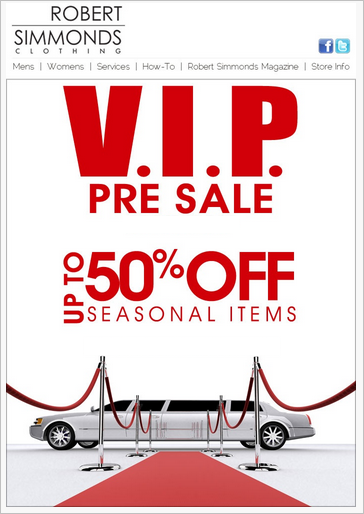
Here, Forever 21 shows how VIP customer exclusivity can be used to offer pre-sale access to Cyber Monday deals – before the masses!
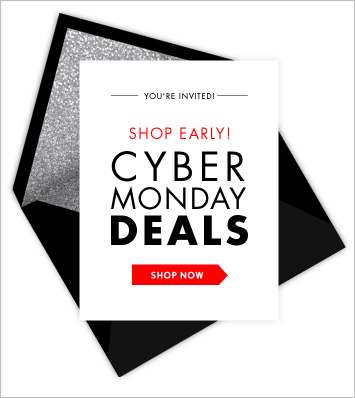
4. Customers and prospects with wish lists
Segmenting and targeting those of your customers who have created wish lists is a crucial tactic in the holiday season.
Customers and prospects in this segment are so important to your business at this time of year, for several key reasons:
- They’re already highly engaged with your online store and brand
- They’ve already done half your job for you, by indicating exactly what they want from your product line
- They come with a ready-made market for you to sell to – their friends and family
- They’re high-propensity advocates and referrers of your brand, (simply through the act of sharing their wish lists)
Your aim is to get their wish lists shared – both via and email and via social media, including Pinterest.
If you’re including wish list content in your email then make sure you include prominent and attractive sharing buttons.
Make it as easy as possible for the customer to share their wish list, whether on the email or on your website.
These examples from ModCloth show how wish list reminder emails can be used effectively, after Christmas day is done and dusted.
Wish lists provide a great opportunity to send targeted content to customers based on the ‘get what you really wanted’ message.
The ‘out of stock’ message in the example below helps add an element of urgency to the purchase decision.
Segmenting your customers is essential to understanding them and tailoring content accordingly. This will take your campaign and ROI to the next level.
To read more about segmentation, see dotmailer’s drag & drop segment builder tool.
Digital & Social Articles on Business 2 Community
(380)
Report Post